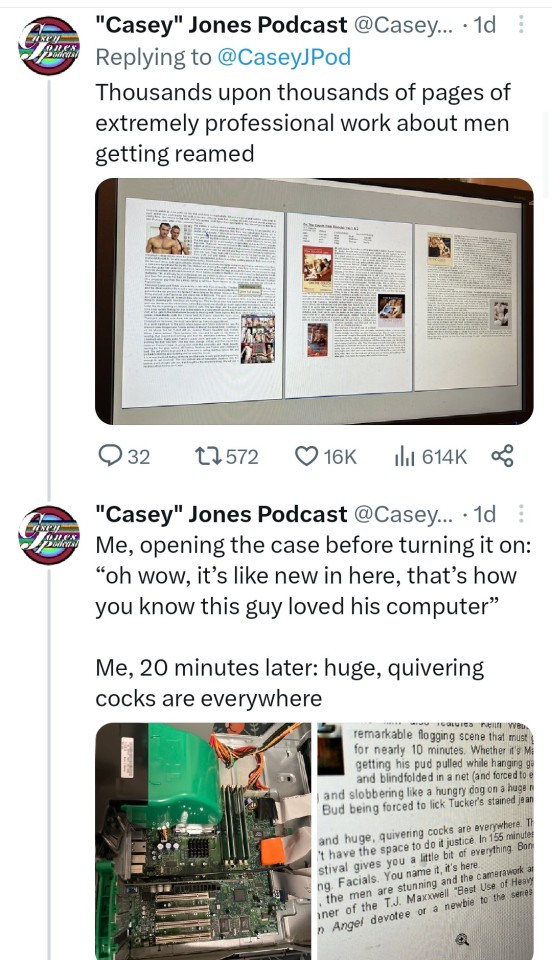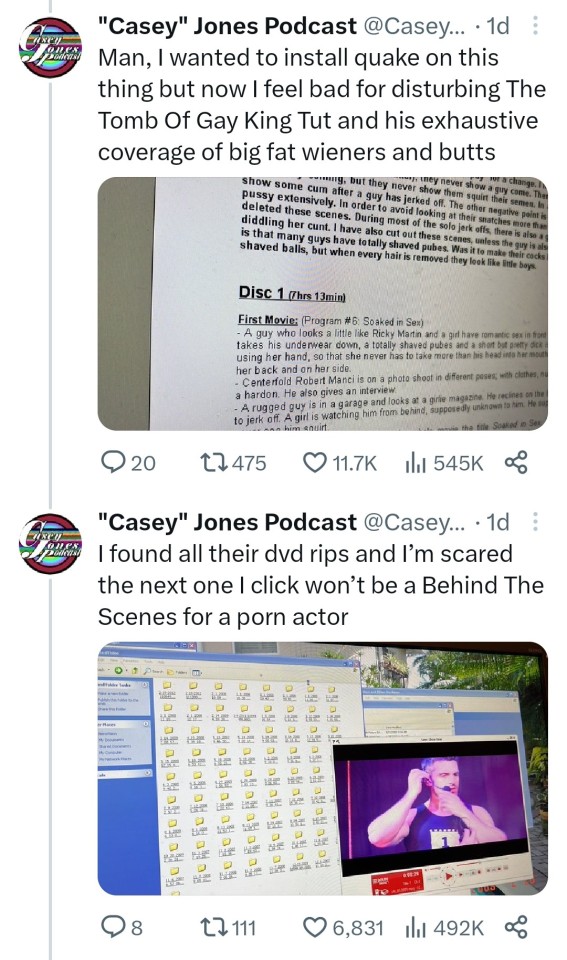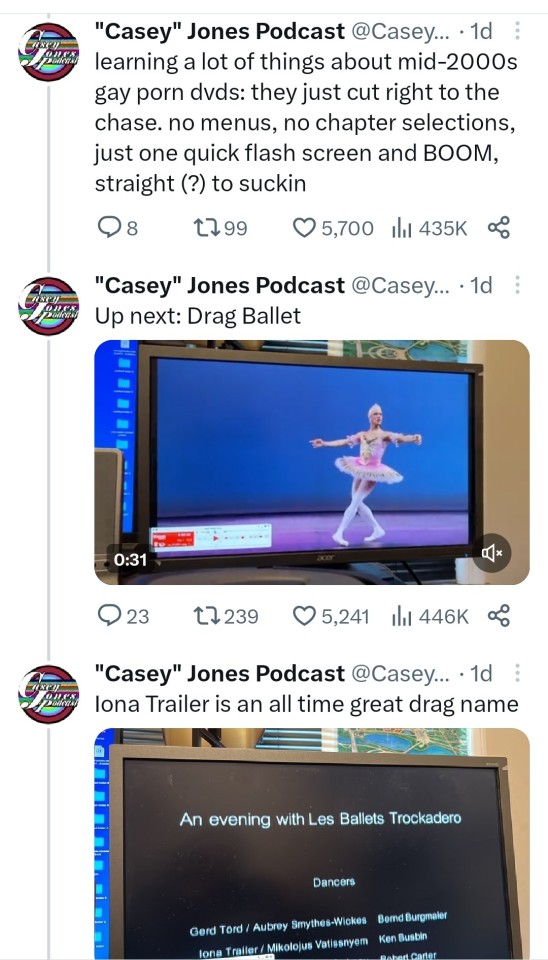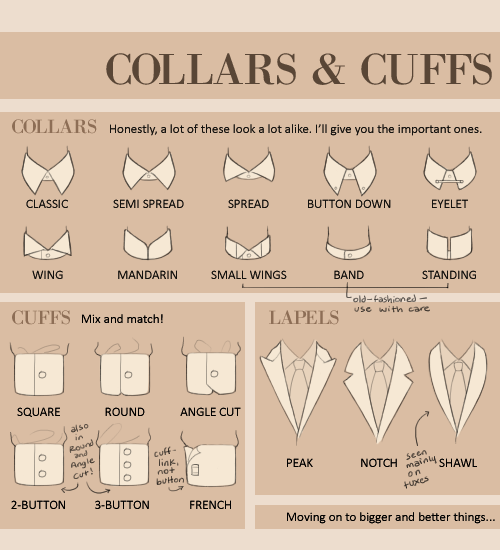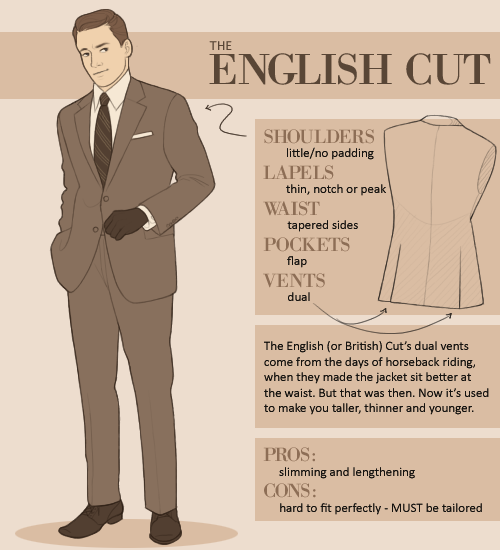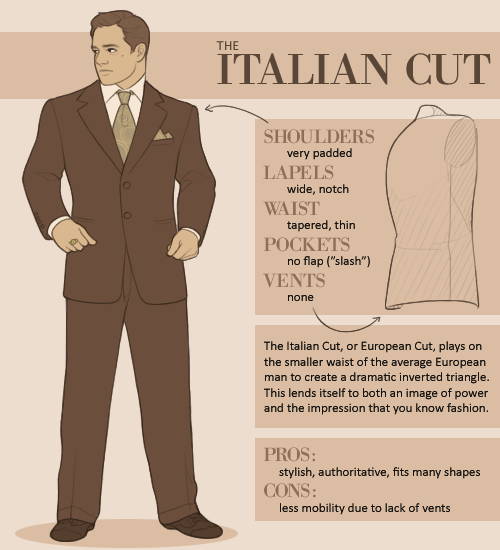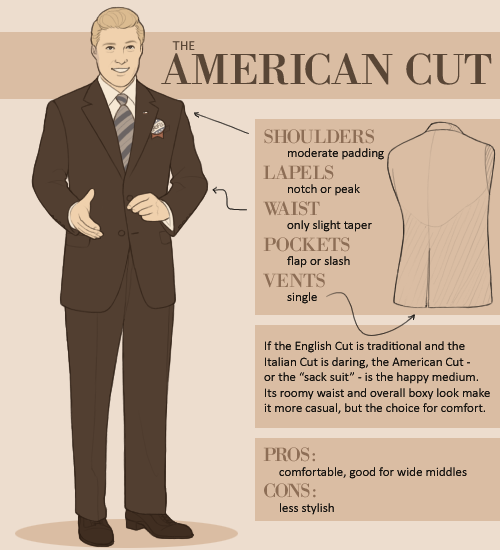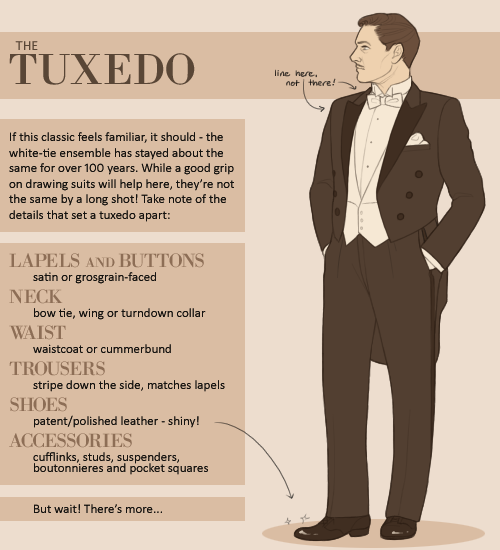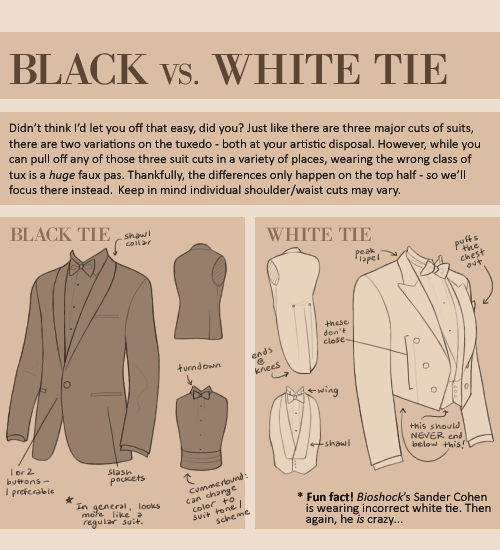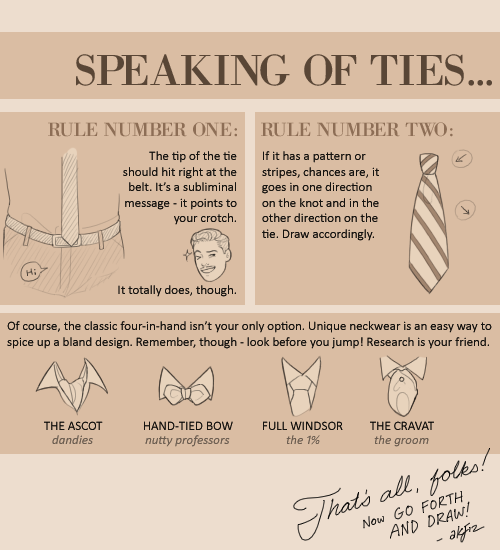NO ONE Knows How To Use Thou/thee/thy/thine And I Need To See That Change If Ur Going To Keep Making
NO ONE knows how to use thou/thee/thy/thine and i need to see that change if ur going to keep making “talking like a medieval peasant” jokes. /lh
They play the same roles as I/me/my/mine. In modern english, we use “you” for both the subject and the direct object/object of preposition/etc, so it’s difficult to compare “thou” to “you”.
So the trick is this: if you are trying to turn something Olde, first turn every “you” into first-person and then replace it like so:
“I” → “thou”
“Me” → “thee”
“My” → “thy”
“Mine” → “thine”
Let’s suppose we had the sentences “You have a cow. He gave it to you. It is your cow. The cow is yours”.
We could first imagine it in the first person-
“I have a cow. He gave it to me. It is my cow. The cow is mine”.
And then replace it-
“Thou hast a cow. He gave it to thee. It is thy cow. The cow is thine.”
More Posts from Defis-archive and Others
I’ve seen your kiss scene and fight scene vocab posts and was wondering if you could do one about some things characters may do when they are nervous, or there is awkward tension — not necessarily romantic but just awkward.
Nervous Tension Vocab
Physical Reactions
have sweat beading/breaking out on one's forehead
have one's heart in one's mouth (or throat)
have one's heart pounding (or pulse racing)
butterflies in one's stomach
hand feeling clammy
knees bouncing
pacing back and forth
tearing up due to embarassment (wanting to cry)
Shift their weight from one foot to the other
Sway slightly where they are standing
Fidget with their hair, clothes, nails, or something they’re holding
Glance around the room or refuse to make eye contact with someone
Chew on their lips or nails
Hum quietly to themself
Tap their fingers on their arm, the wall, or a table
Wrap their arms around themself
Cross their arms or legs while seated
Pick at their lips or cover their mouth
Rub their own neck or shoulder
Sigh often
Sit with their knees up near their chest, or lay in the fetal position
Look stiff and uncomfortable
Check over their shoulder often, or glance around the room
Cough or clear their throat often
A pounding heartbeat, or the feeling that their heartbeat is in their head
Accelerated or heavy breathing
A tingling sensation in their fingers, hands, or legs
A rush of energy (which would suddenly leave them afterward, making them even more tired than usual)
Dizziness
Tightened muscles
Descriptors
fumbled
blushed
winced
fidgeted
cringed
stuttered
giggled
afluttered
agitated
robotic
hesitant
bothered
distracted
edgy
clumsily
awkwardly
distractedly
flustered
frantically
frayed
hypertense
nervy
jittery
jumpy
intimidated
paranoid
perturbed
rattled
queasiness
restive
restless
skittery
shudder
skittish
strung up
tenterhooks
tight
stressy
uneasy
unquiet
twitchy
unsettled
uptight
unrelaxed
Idioms
be at your wit's ends
be bricking it
be ill at ease
be on pins and needles
be under the gun
get in a sweat
have all the cares of the world on your shoulders
have kittens
like a cat on a hot tin roof
sweat bullets
If you like my blog, buy me a coffee☕ and find me on instagram! 📸
More favourite numerical memes:
Implicit or implicit enumeration of uncountable things (example: taking inventory of the fucks which one gives)
Suggesting the divisibility of things which are not customarily thought of as able to be subdivided (example: "six whole people")
Using words that aren't numbers as numbers (example: "one William dollars")
Technically correct but contextually misleading estimates (example: looking at a group of several thousand things and observing that there are "at least three")
Incongruous qualifiers for apparently simple sums or tallies (example: she was twenty-seven years old, not counting 2014)
Why the Protagonist Must Be a Problem-solver

In some ways, this post's topic sounds obvious, in others . . . not so much. On the surface, the tip seems simple, and yet, it is easily and often overlooked.
Your protagonist must be a problem-solver.
Yup.
A problem-solver.
I don't care if she's the laziest, most passive, most dimwitted person on the planet, within the context of the plot, she must be a problem-solver (even if a reluctant one).
Otherwise, she'll feel like a weak character.
Otherwise, the plot will feel weak.
Of course, I'm sure you can find rare exceptions to this.
But 99% of the time, your protagonist needs to be a problem-solver.
So let's talk about why.

Why it's Important for The Character
Imagine a protagonist who doesn't problem-solve. She encounters the antagonist, reacts emotionally, but doesn't do anything to try to win the conflict, or at least gain the upper hand of the conflict. She won't be interesting for very long. It's hard to care about what happens to her, when she's putting no effort in to resolve it, when she doesn't care enough to try to fix it herself. It may start to feel like she's stuck in a loop--just circling the same internal responses over and over again, never really progressing, never really moving on.
Sometimes writers mistakenly think this makes her more sympathetic, but in reality, as counterintuitive as it may sound, the opposite is true. Audiences lose interest or become annoyed.
We've all met people who talk, and whine, and fume about their problems but don't do anything to better their situation. We may feel sorry for them at first, but eventually, we want them to take action to improve their predicament. Often we may even find ourselves giving advice (or in some cases, doing the problem-solving work for them).
We feel the same way about characters.
Your protagonist doesn't need to be the next Sherlock Holmes or Violet Baudelaire to be a "problem-solver."
At the most basic level, what this means is that when she encounters an antagonistic force (a problem), she's coming up with--or perhaps shifting--goals and plans (however big or small, or grand or modest), and taking action to try to make those a reality.
If she's not doing that, she's probably too passive in the plot and not exercising enough agency. The story is happening to her, but she's not doing anything to make the story happen. She's not influencing the direction of the story.
When the protagonist is the one coming up with goals and plans, and implementing them, the audience becomes more invested in her. They want to stick around to see if she's successful. She also now holds some accountability over what happens--the consequences--and that actually makes her more interesting and more sympathetic. What happens, good or bad, is on her. She holds responsibility.
If your protagonist isn't problem-solving, it may be a sign that her wants aren't strong enough. Solid stories will showcase the protagonist's deepest desires (however big or small, or grand or modest), what she would sacrifice almost anything to obtain, avoid, or maintain. If the right desire is in jeopardy, the protagonist should naturally be driven to problem-solve. Characters with strong wants are more compelling. And in reality, we all have powerful wants we house deep within our hearts.
Great stories will test and challenge the deep desires of the protagonist's heart. And if that's not happening, you likely haven't figured out your protagonist's deepest desires or you need to alter the character so that she desires what she desires more deeply. Don't settle on something she kinda wants. Find what she'd be tempted to sacrifice her life for--literally or figuratively (meaning her current lifestyle). What does she want to obtain, avoid, or maintain bad enough, that she'd consider doing things she wouldn't ordinarily do? That's the kind of want you should showcase--whether it be obtaining recognition as employee of the month, avoiding responsibility by taking on a new identity, or maintaining control by offing all rebels.
It's usually helpful to focus on an abstract want--obtain recognition, avoid responsibility, maintain control--that can then manifest into various concrete goals. Most people aren't going to give their "lives" to become "employee of the month," but many have gone to such lengths to obtain recognition; becoming employee of the month is just one way to obtain that. So even if the goal seems modest on the surface, tie it to a deep abstract want. (A bit of a tangent, but it's useful, so I left it in here 😉)
When the protagonist is problem-solving, it conveys to the audience what she cares about. If the rebels are increasing in power, and she doesn't do anything about it, then obviously she doesn't really care about being in control very much. That's not a deep desire of her heart. So we need the protagonist to problem-solve to help convey character.
And finally, if she's not struggling to overcome (problem-solving), she's probably not growing through a character arc. She's stagnant. She's not changing her worldview as she strives for success, nor is she wielding her beliefs, growing in resolve. This can make any attempt at an internal plotline feel repetitive or nonexistent, because the character isn't progressing on an internal journey. She's just stuck in the same spot.

Why It's Important for the Plot
Solid stories will showcase the protagonist's deepest desires, and even if those desires are abstract (obtain recognition, avoid responsibility, maintain control), if the character wants them bad enough, they will manifest into concrete goals (employee of the month, new identity, off the rebels) that have specific plans (show up on time to work, move to a new city, locate the rebels' base).
So the protagonist has a goal. The antagonist opposes the goal.
And since there should be an antagonist for nearly every scene, this means there are problems in nearly every scene.
If the protagonist isn't trying to solve those problems, by adjusting his goals and plans, then it's likely the plot isn't properly progressing. Like I mentioned with the internal journey above, the external journey probably feels repetitive, or in some ways nonexistent. It's just circling the same situation over and over, in the toilet bowl.
If you find yourself arguing against this, then it's likely because another character is the one doing most of the problem-solving, in which case, it's also highly likely that character is the true protagonist, and your "protagonist" is really more of a viewpoint character spectating the external plotline.
The plot needs conflict in order to progress properly. If the antagonist shows up, and the protagonist allows himself to just get beaten, it's not strong conflict. Sure, stuff is happening, but if the antagonist is hammering him to the ground without his resistance, it's not much of a conflict. It's passive victimization. And while that might work in a scene or two, it's not going to hold for a whole story, or even a whole act.
A passive victim isn't a problem-solving protagonist. Obviously.
So, suffice it to say, your protagonist needs to be a problem-solver.
Good alternatives to generative AI that allow you to represent yourself without supporting corporate art theft
Picrew and other dress up games.
F2u bases.
Heroforge tabletop minifigure maker
Ponytowns avatar customization feature
Certain roblox games.
Emuferal, an emulator of the shutdown game fer.al
Or draw, your art doesn't have to be good to represent you!
Commission someone (if you have the money)
Please feel free to add to this list.
anyway just a reminder for the myth lovers out there
king arthur was welsh. merlin was welsh. camelot was in wales. the lady and the lake she pops out of; welsh. excalibur; magic inanimate welsh object. etc.
on the way to see family, i drive past a lake that in which is welsh legend, is the last resting place of excalibur.
i’m just saying in my experience a lot of these legends had been so anglo-fied in the past and it’s like, all this cool shit is celtic welsh legend.
some fucking resources for all ur writing fuckin needs
* body language masterlist
* a translator that doesn’t eat ass like google translate does
* a reverse dictionary for when ur brain freezes
* 550 words to say instead of fuckin said
* 638 character traits for when ur brain freezes again
* some more body language help
(hope this helps some ppl)
I’m sorry friends, but “just google it” is no longer viable advice. What are we even telling people to do anymore, go try to google useful info and the first three pages are just ads for products that might be the exact opposite of what the person is trying to find but The Algorithm thinks the words are related enough? And if it’s not ads it’s just sponsored websites filled with listicles, just pages and pages of “TOP FIFTEEN [thing you googled] IMAGINED AS DISNEY PRINCESSES” like… what are we even doing anymore, google? I can no longer use you as shorthand for people doing real and actual helpful research on their own.
-
 cliteral-legend liked this · 5 days ago
cliteral-legend liked this · 5 days ago -
 tanelorn8615 reblogged this · 6 days ago
tanelorn8615 reblogged this · 6 days ago -
 getintothesun reblogged this · 6 days ago
getintothesun reblogged this · 6 days ago -
 ghostwithskull liked this · 6 days ago
ghostwithskull liked this · 6 days ago -
 eiirisreferencelibrary reblogged this · 1 week ago
eiirisreferencelibrary reblogged this · 1 week ago -
 a-thousand-suns-one-more-light liked this · 1 week ago
a-thousand-suns-one-more-light liked this · 1 week ago -
 batsintheshadows reblogged this · 1 week ago
batsintheshadows reblogged this · 1 week ago -
 batsintheshadows liked this · 1 week ago
batsintheshadows liked this · 1 week ago -
 mimir-mimir liked this · 1 week ago
mimir-mimir liked this · 1 week ago -
 bigliitlepoopfight reblogged this · 1 week ago
bigliitlepoopfight reblogged this · 1 week ago -
 bigliitlepoopfight liked this · 1 week ago
bigliitlepoopfight liked this · 1 week ago -
 nameless-bard liked this · 1 week ago
nameless-bard liked this · 1 week ago -
 princestarling reblogged this · 1 week ago
princestarling reblogged this · 1 week ago -
 staerling liked this · 1 week ago
staerling liked this · 1 week ago -
 fangirlfrenzy reblogged this · 1 week ago
fangirlfrenzy reblogged this · 1 week ago -
 zabaniyas liked this · 1 week ago
zabaniyas liked this · 1 week ago -
 potterhead714 liked this · 1 week ago
potterhead714 liked this · 1 week ago -
 unholyhymns liked this · 1 week ago
unholyhymns liked this · 1 week ago -
 imnotsurewhatimdoinging liked this · 1 week ago
imnotsurewhatimdoinging liked this · 1 week ago -
 queergeologist reblogged this · 1 week ago
queergeologist reblogged this · 1 week ago -
 p1ratew3nch reblogged this · 1 week ago
p1ratew3nch reblogged this · 1 week ago -
 unolespirit reblogged this · 1 week ago
unolespirit reblogged this · 1 week ago -
 unolespirit liked this · 1 week ago
unolespirit liked this · 1 week ago -
 lloth liked this · 1 week ago
lloth liked this · 1 week ago -
 chicksdigsaurs reblogged this · 1 week ago
chicksdigsaurs reblogged this · 1 week ago -
 antiloquist reblogged this · 1 week ago
antiloquist reblogged this · 1 week ago -
 kitabasis liked this · 1 week ago
kitabasis liked this · 1 week ago -
 unbloominglily reblogged this · 1 week ago
unbloominglily reblogged this · 1 week ago -
 unbloominglily liked this · 1 week ago
unbloominglily liked this · 1 week ago -
 seasnail liked this · 1 week ago
seasnail liked this · 1 week ago -
 outeremissary reblogged this · 1 week ago
outeremissary reblogged this · 1 week ago -
 ellipsisthegreat reblogged this · 1 week ago
ellipsisthegreat reblogged this · 1 week ago -
 ellipsisthegreat liked this · 1 week ago
ellipsisthegreat liked this · 1 week ago -
 penthesileas liked this · 1 week ago
penthesileas liked this · 1 week ago -
 sarenraegalpaladin reblogged this · 1 week ago
sarenraegalpaladin reblogged this · 1 week ago -
 somefrecklyginger reblogged this · 1 week ago
somefrecklyginger reblogged this · 1 week ago -
 casslaica reblogged this · 1 week ago
casslaica reblogged this · 1 week ago -
 casslaica liked this · 1 week ago
casslaica liked this · 1 week ago -
 squisshhyy reblogged this · 1 week ago
squisshhyy reblogged this · 1 week ago -
 squisshhyy liked this · 1 week ago
squisshhyy liked this · 1 week ago -
 yickarus reblogged this · 1 week ago
yickarus reblogged this · 1 week ago -
 yickarus liked this · 1 week ago
yickarus liked this · 1 week ago -
 artemis099 liked this · 1 week ago
artemis099 liked this · 1 week ago -
 fiestylittlebeetle reblogged this · 1 week ago
fiestylittlebeetle reblogged this · 1 week ago -
 fiestylittlebeetle liked this · 1 week ago
fiestylittlebeetle liked this · 1 week ago -
 batshifteight reblogged this · 1 week ago
batshifteight reblogged this · 1 week ago -
 abcleverun reblogged this · 1 week ago
abcleverun reblogged this · 1 week ago -
 abcleverun liked this · 1 week ago
abcleverun liked this · 1 week ago

